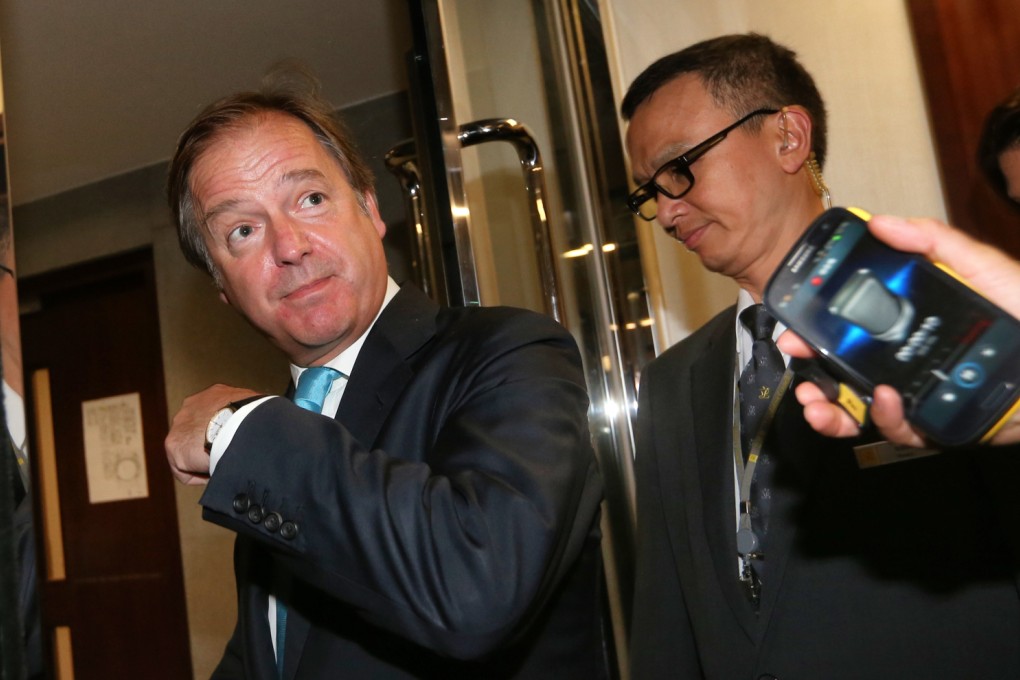Western busybodies put Hong Kong's democrats in a tight spot
Lau Nai-keung say legislators' key task is to cut deal on electoral reform

When reporters sought my reaction to British foreign office minister Hugo Swire's recent article on constitutional development in Hong Kong, I said, "Don't issue blank cheques". If the British are at all sincere in "stand[ing] ready to support in any way" our dissidents in their fight for their strange brand of "true universal suffrage", in disregard of the Basic Law, then they should just open the door and let all British National (Overseas) passport holders in Hong Kong have the right of abode in the UK.
Some have fought for this right since the early 1990s and, should it be granted, I'm sure you will hear God Save the Queen in many corners of this city, while the Union Jack will appear more conspicuously in future rallies both large and small.
Alas, these are just empty words from a middle-ranking official of a much weakened small island nation and the rebuttal from the Chinese foreign ministry was swift and blunt. In Hong Kong, the official line is that "we don't need your help, you busybody". And the public takes Swire's pledge of support with a pinch of salt; Hong Kong people are not stupid.
This, coupled with the highly inappropriate comments from the new US consul general, Clifford Hart, means that issues relating to constitutional development in Hong Kong are now tainted with nationalism. As some pro-democracy leaders have pointed out, their comments do more harm than good because now the issue has come to be about a Western superpower sticking its nose into Hong Kong's internal affairs. Most people here don't want to upset Beijing and the very small number with separatist sentiments are bound to be marginalised.
The Democratic Party has to be seen to dissociate itself from US and British influence
In the upcoming steps of constitutional development, we will face one of two scenarios. Either the Democratic Party makes another deal with the central government to get the relevant bill passed in the Legislative Council or dissident politicians join together to veto the bill. In either case, unrest is bound to follow; the difference will be a matter of size and the degree of violence. Thanks to joint Anglo-American efforts, fewer people will join the mob, which will make it easier for the police to handle.